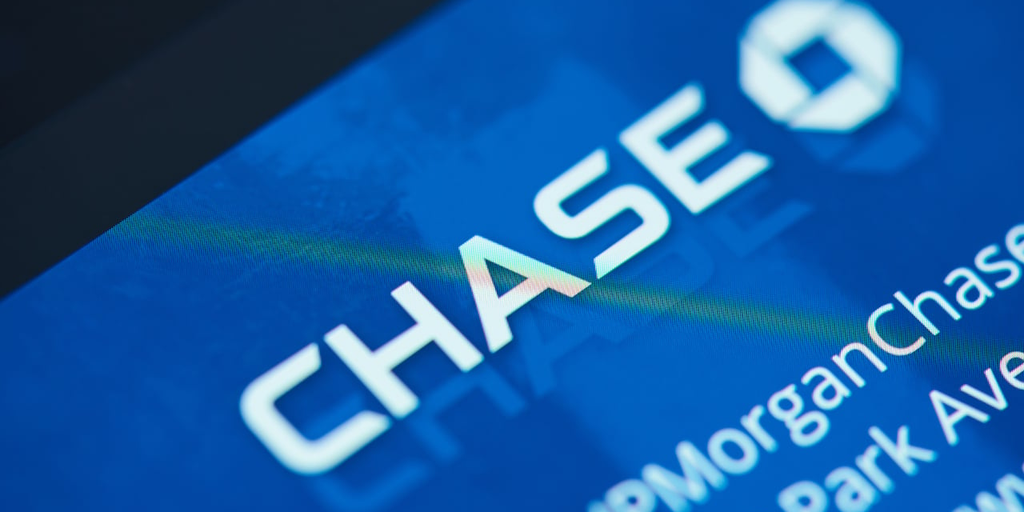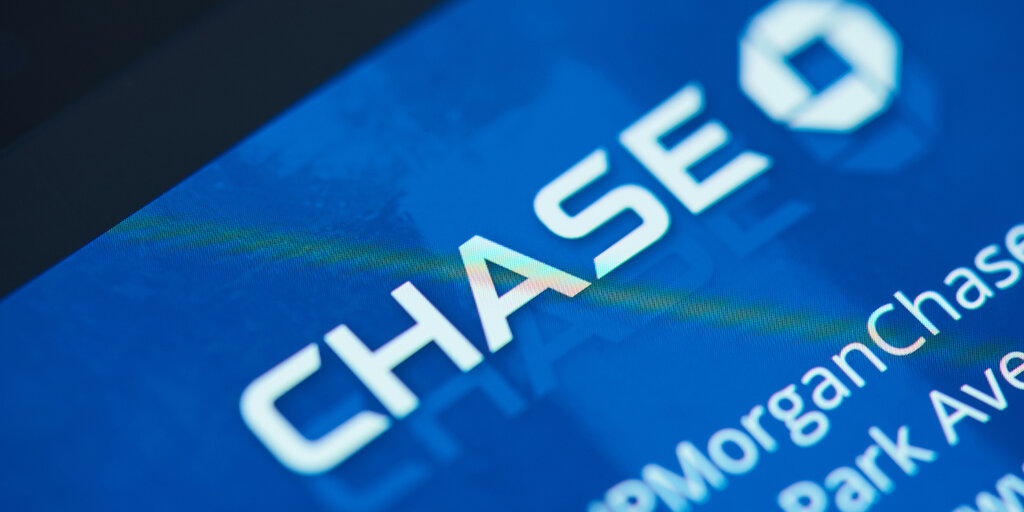
Banking giant JPMorgan confirmed that its retail arm Chase is banning its British customers from making crypto transactions.
British customers will not be able to buy digital assets on a Chase debit card or by transferring money to a crypto site from a Chase account from October 16, the announcement added.
Chase told Decrypt in a Tuesday email that this was “done to protect our customers and keep their money safe.”
The bank said in a note to clients that the move was down to “an increase in the number of crypto scams targeting U.K. customers.”
“If you’d still like to invest in crypto assets, you can try using a different bank or provider instead—but please be cautious, as you may not be able to get the money back if the payment ends up being related to fraud or a scam,” it added.
A spokesman continued in an email to Decrypt that “crypto scams are part of a wider ‘epidemic’ of fraud, which accounted for more than 40% of all reported crimes in England and Wales last year.”
The bank has had a hard time figuring out how to handle customers buying crypto. In 2020, Chase U.S. was subject to a lawsuit alleging that in 2018 it overcharged customers who used Chase credit cards to buy crypto assets. The lawsuit was eventually settled out of court for $2.5 million.
At the time, Chase Bank argued that cryptocurrency purchases were “cash-like transactions” as defined in its terms of service and therefore liable for cash advance fees. But a judge ruled that the plaintiffs had successfully proved that “cash-like” transactions only apply to fiat currency transactions.
But the bank and its parent company, JPMorgan, haven’t ruled out crypto as a line of business entirely. Last fall, JPMorgan hired a new crypto policy head and filed a trademark for a crypto wallet.
A number of other banks have cracked down on U.K. customers buying crypto.
Banking giants Nationwide and HSBC applied daily limits for buyers and restricted credit cards from making crypto purchases.








